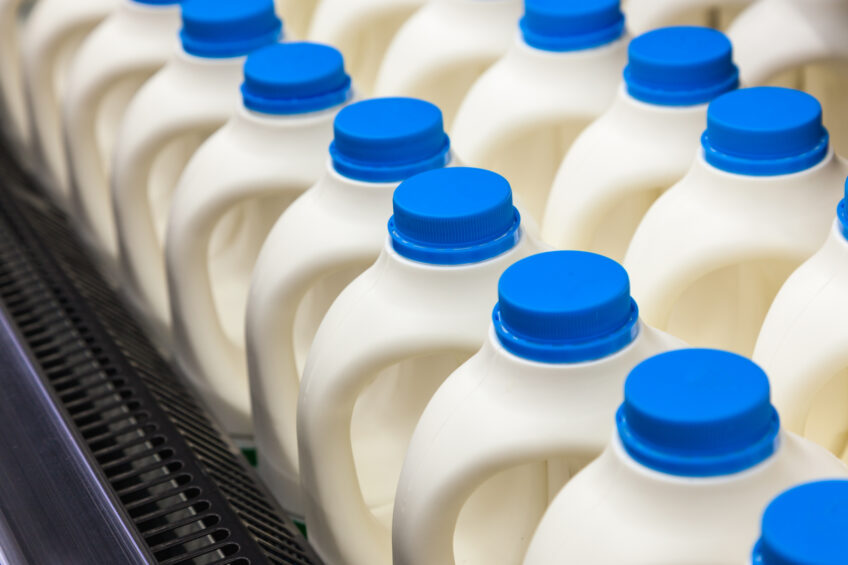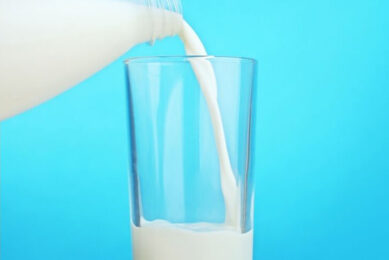Russian milk farmers unite against largest processor

The move by Russian dairy farmers to stop or significantly cut deliveries of raw milk to the country’s largest processor, Wimm-Bill-Dann (WBD), in the North west Federal district over milk prices, has been described by experts as a dangerous precedent.
The farmers are demanding an increase of the purchasing prices. However, experts say it could mean the beginning of war among milk producers and processors.
Processor lowered milk grade and price
St. Petersburg’s factory of WBD purchases nearly 80,000 tonnes of raw milk from 20 farms of Leningrad Oblast. This makes about 14% out of overall milk production in the region and 90% of the demand of the plant. However, since January of 2016 laboratories of WBD suddenly started to class top grade milk as first and second grade with the relevant reduction in purchasing price.
At the same time, manufacturers claim that independent laboratory results showed that the milk quality was not reduced compare to last year, when WBD considered the product as top grade milk. Purchasing price for top grade milk is RUB22 (US$0.33) per litre, while for first grade it is RUB20 (US$0.30) per litre and for second grade RUB16 (US$0.24) per litre. As the result, most farmers started suffering heavy losses.
Milk processors looking for defects to reduce milk price
Nadezhda Pozdnyakova representatives of CJSC Gomontovo, one of the largest suppliers of WBD says that in such a situation farms have been forced to stop supplies, redirecting it to other plants. Another supplier JSC Gatchina only reduced the volume of deliveries. The company’s CEO Alexander Lebedev explained that his farms supply milk to Valio facilities, where it is considered as super-elite grade, according to the laboratory studies, so it is actually unclear how this situation with WBD could happen.
Galina Odintsova, Deputy Director for Economy of another supplier SEC Koophoz NIVA suggests that with the reduction of prices for dairy production in the Russian market, is because milk processors want to keep their margin and start to look for any possible defects of milk in order to decrease the purchasing prices. Market participants indicate similar situations occurring at number of other facilities, so similar conflict can be observed in other regions as well.
Possible loss of milk subsidies
At the same time, market participants say that WBD definitely choose the wrong way to cut the price of raw milk, since claiming that the milk was not top grade it also reduces the amount of state subsidies for milk production by nearly a third. Subsidy for top grade milk is RUB1.5 (US$0.02) per litre, while for first grade milk it amounts to RUB1 (US$0.015) per litre. Suppliers of WBD say that as a result over the first few months of the year they have suffered losses estimated at tens of millions of roubles.
However, representatives of regional authorities promised not to make any conclusions over the grade of milk until producers and processor reach some new agreement. WBD together with Danone currently accounts for 35-40% of the country’s dairy market, while in some regions this figure even reaches 50%, so in fact dairy producers have no choice, but to look for some compromise with processors.
Join 13,000+ subscribers
Subscribe to our newsletter to stay updated about all the need-to-know content in the dairy sector, two times a week.










